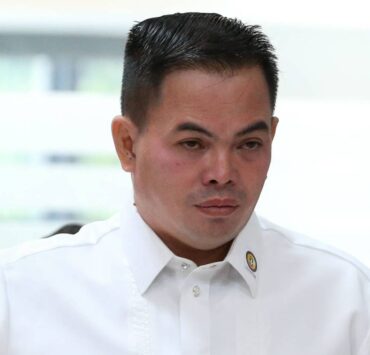Lawmakers welcome DepDev charter enactment

House members on Friday welcomed the signing of a law that would make the National Economic and Development Authority (Neda) a full-fledged Cabinet-level department in a bid to strengthen the government’s long-term economic planning.
In separate statements, Bukidnon Rep. Jonathan Keith Flores and Albay Rep. Joey Salceda, both proponents of the newly enacted Republic Act No. 12145, said the reorganization of Neda into the Department of Economy, Planning and Development (DepDev) gave it a stronger and more central role in national development.
President Marcos signed the law on April 10.
Consolidating laws
The new measure basically consolidates into one law all of the roles and functions the Neda, its committees and the regional development boards had accumulated over the years across various other laws, implementing rules, guidelines and executive orders.
Flores said the newly formed DepDev “is configured better now to play its central role in shaping economic and social policies, formulating and monitoring plans like the Philippine Development Plan, Regional Development Plans and Recovery and Resiliency Plans, among others.”
Elevating the Neda to Cabinet-level, he added, would also allow the agency to “improve coordination with other executive departments and fulfill its role as the primary planning and policy body of the government.”
Key reforms
Salceda, the principal author of the bill, noted that one of the key reforms brought about by this law is the institutionalization of the Regional Development Council (RDC) system, including the mechanism for electing its chair.
“As a former three-term RDC chair and area chair for Luzon, I can attest to how important the RDC is in making local plans and needs more visible in the national government planning process. It also allows great ideas in local development to be pursued across the decades and through changing local administrations,” he said.
Another, he said, was the institutionalization of Neda’s mandate to conduct futures thinking and scenario planning exercises “to enable the government to better anticipate and respond to technological shifts, economic disruptions and global uncertainties.”
“We also operationalized Neda’s independence, in that it can provide economic advice to the President and to key decision-makers in government, unimpeded,” he said.
“When the government can think and plan long-term, it can pursue policies and projects with greater returns to the people than what is currently popular or convenient,” he added.

















